Josh Batson doesn't have time for social media. The only dopamine hit this Anthropic AI engineer gets comes from Slack messaging channels where he shares theories and experiments with colleagues on big language models and architectures.
Batson is among a group of key AI researchers and leaders living on a treadmill with no way out. At Silicon Valley’s biggest AI labs, they work 80 to 100 hours a week in what has been described as “wartime” conditions.
“We’re trying to compress 20 years of science into two years,” Batson said. “Every few months, AI is evolving dramatically. It’s the most exciting scientific question in the world right now.”
At Anthropic, OpenAI, Meta, Google, and Apple, the race to create superintelligence has employees willing to sacrifice sleep and personal life.
Some people have become billionaires but don't even have time to spend money.
“People are working all the time, there’s no end in sight,” said Madhavi Sewak, a senior researcher at Google DeepMind. “When you have a new idea, you don’t want to miss it because it’s a race against time.”
Some startups even specify an 80-hour week requirement in their employment contracts, but most employees volunteer to jump into the cycle, drawn by the passion for discovery and the pressure of competition.
"0-0-2" working culture
The AI talent war has intensified as Mark Zuckerberg has begun poaching experts from rivals with multi-million dollar pay packages. At Meta, the TBD Lab team – newly recruited experts to develop AI models – works right next to Zuckerberg’s desk at the Menlo Park headquarters.
Even though Meta just laid off 600 employees in its AI division, the team's work intensity remains extremely high.

A startup leader joked that the work schedule is no longer “9-9-6” (9am to 9pm, 6 days a week) but “0-0-2” – meaning working 24/7, with only 2 hours off on weekends.
Across Silicon Valley, companies are adapting to the near-nonstop pace of their employees. Some are offering food on weekends, while others maintain 24/7 staffing to keep up with the pace.
According to AI employees, many companies also appoint “captains” to monitor the model output, or to be in charge of overseeing product development for weeks at a time.
Corporate credit card transaction data from finance startup Ramp shows a spike in Saturday lunch and dinner orders in San Francisco, reflecting the fact that many AI workers are working through the weekend.
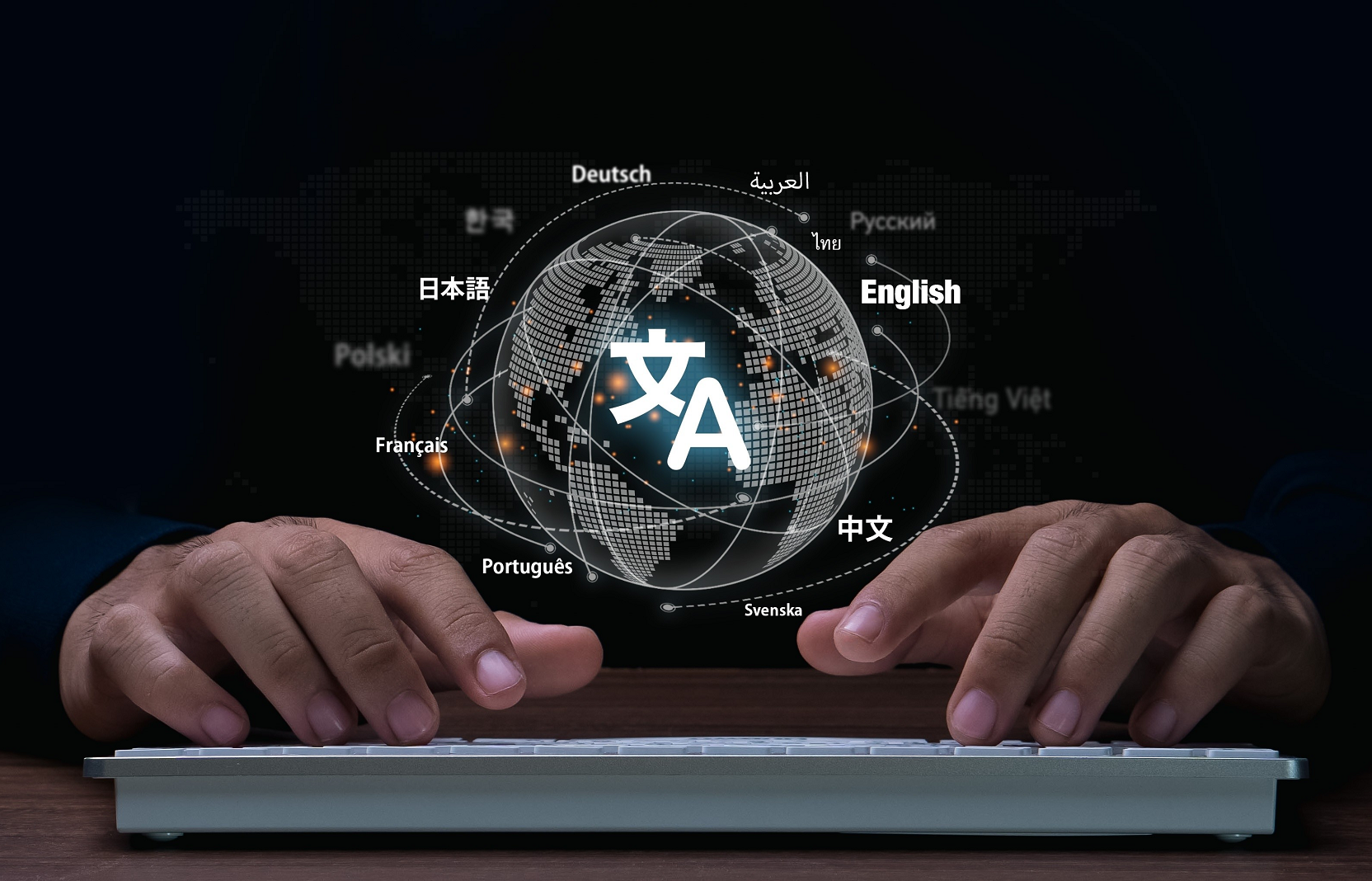
The pressure comes not only from the task of developing models but also from the unprecedented pace of the industry. Unlike the dot-com or mobile era, AI users have spread globally in just a few years, says Aparna Chennapragada, product manager for AI experiences at Microsoft. Ninety percent of Fortune 500 companies are using AI.
The time between research breakthroughs and product launches has been compressed from several years in the past to “a gap of five to six days,” according to the director.
To cope with the huge workload, she built her own internal AI tool to remind herself to automate everything: “You shouldn't work 24/7 and leave it to AI.”
When techies become stars
Anthropic's Josh Batson likens his current work to when he joined an international team to figure out the trajectory of the virus's spread during Covid-19.
Batson says he is motivated by Anthropic’s mission to develop ethical, human-centered AI. “We’re trying to understand the world faster than the models are changing, and I think we’re getting there,” he says.
Google's Madhavi Sewak is happy to see top AI researchers finally getting paid fairly for their intelligence and efforts, even though most still work just for passion.
“I’m glad the tech world is having its moment,” she said. But Sewak admits that hardly anyone in the industry is changing their way of life.
“No one goes on vacation… They have no time for friends, hobbies or loved ones. They just work,” she shared.
(According to WSJ)
Source: https://vietnamnet.vn/lam-viec-dien-cuong-100-gio-moi-tuan-de-tim-ra-sieu-tri-tue-nhan-tao-2455913.html


![[Photo] Solemn funeral of former Vice Chairman of the Council of Ministers Tran Phuong](https://vphoto.vietnam.vn/thumb/1200x675/vietnam/resource/IMAGE/2025/10/24/1761295093441_tang-le-tran-phuong-1998-4576-jpg.webp)
![[Photo] Prime Minister Pham Minh Chinh and South African President Matamela Cyril Ramaphosa attend the business forum](https://vphoto.vietnam.vn/thumb/1200x675/vietnam/resource/IMAGE/2025/10/24/1761302295638_dsc-0409-jpg.webp)

![[Photo] President Luong Cuong chaired the welcoming ceremony and held talks with United Nations Secretary-General Antonio Guterres](https://vphoto.vietnam.vn/thumb/1200x675/vietnam/resource/IMAGE/2025/10/24/1761304699186_ndo_br_1-jpg.webp)
![[Photo] Prime Minister Pham Minh Chinh chairs conference on breakthrough solutions for social housing development](https://vphoto.vietnam.vn/thumb/1200x675/vietnam/resource/IMAGE/2025/10/24/1761294193033_dsc-0146-7834-jpg.webp)



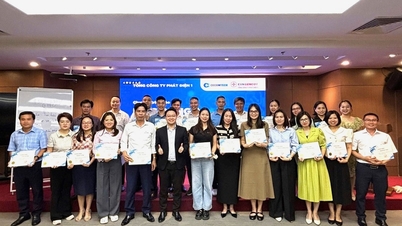
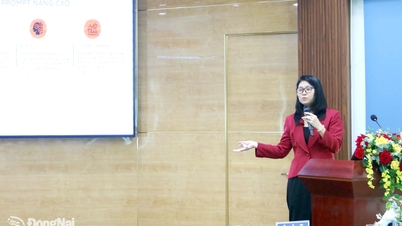

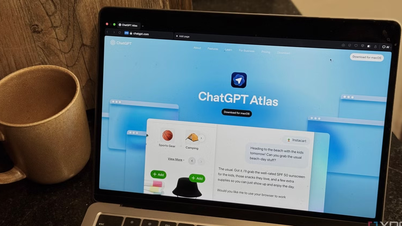


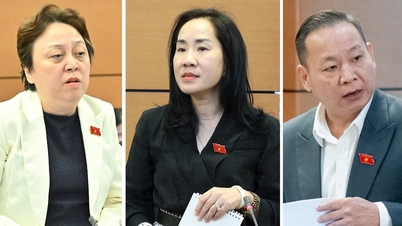

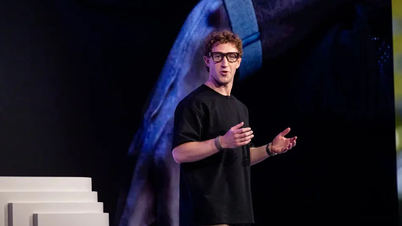
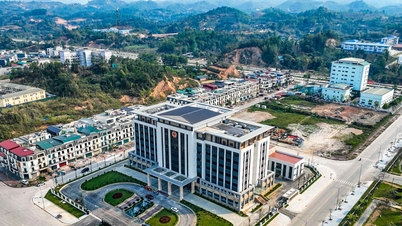
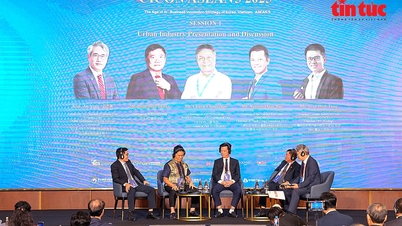

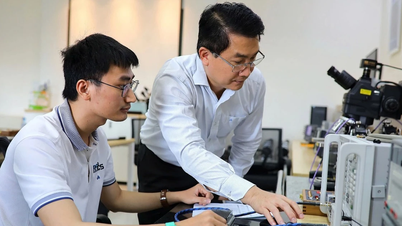

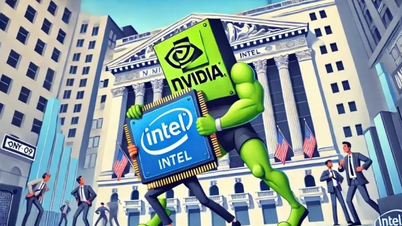
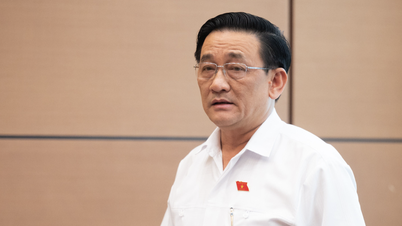









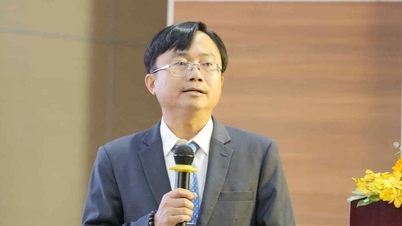







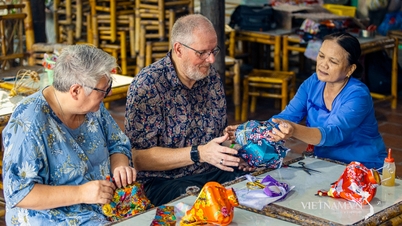













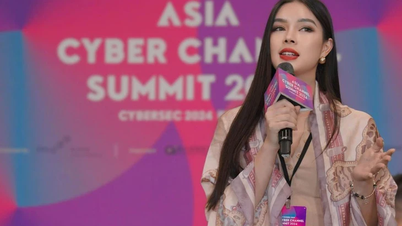















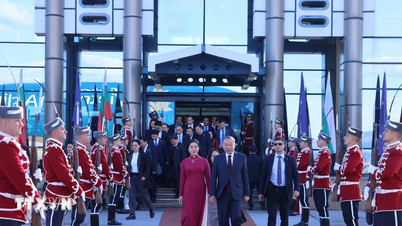

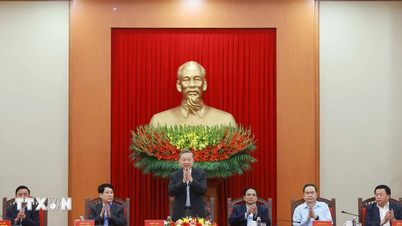
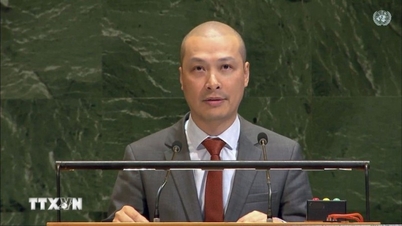
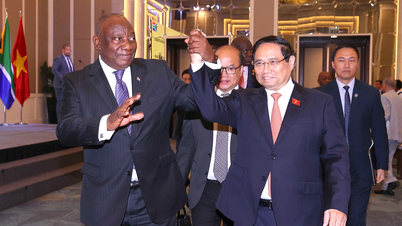

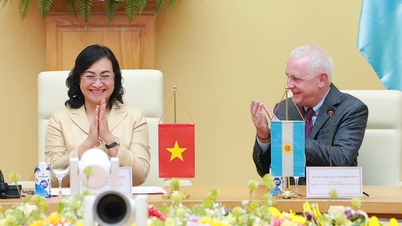


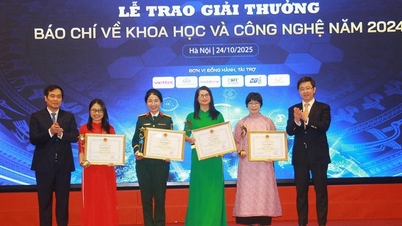

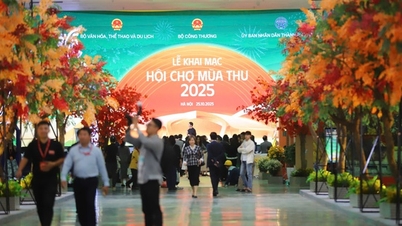
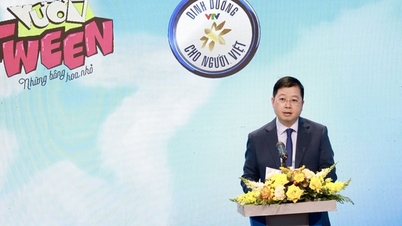
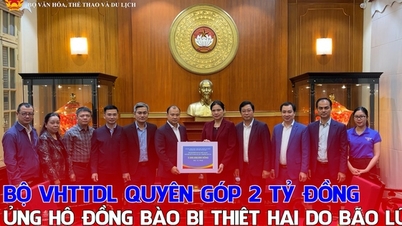


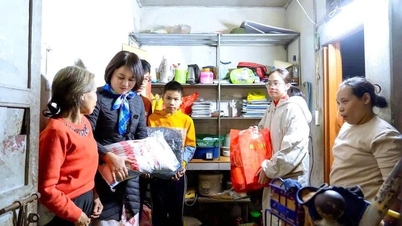

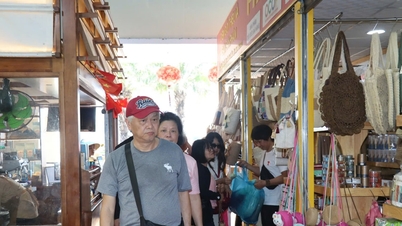

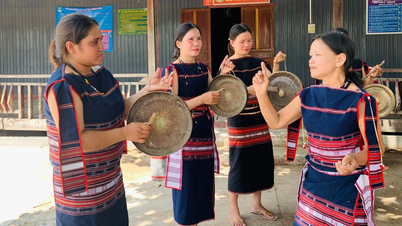



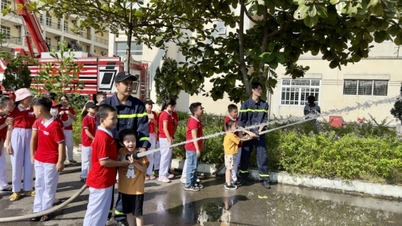















Comment (0)